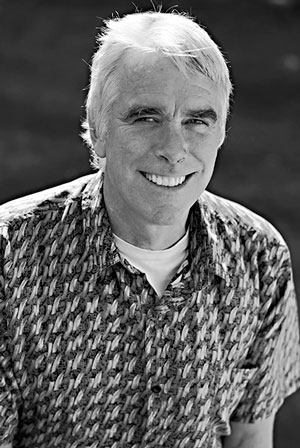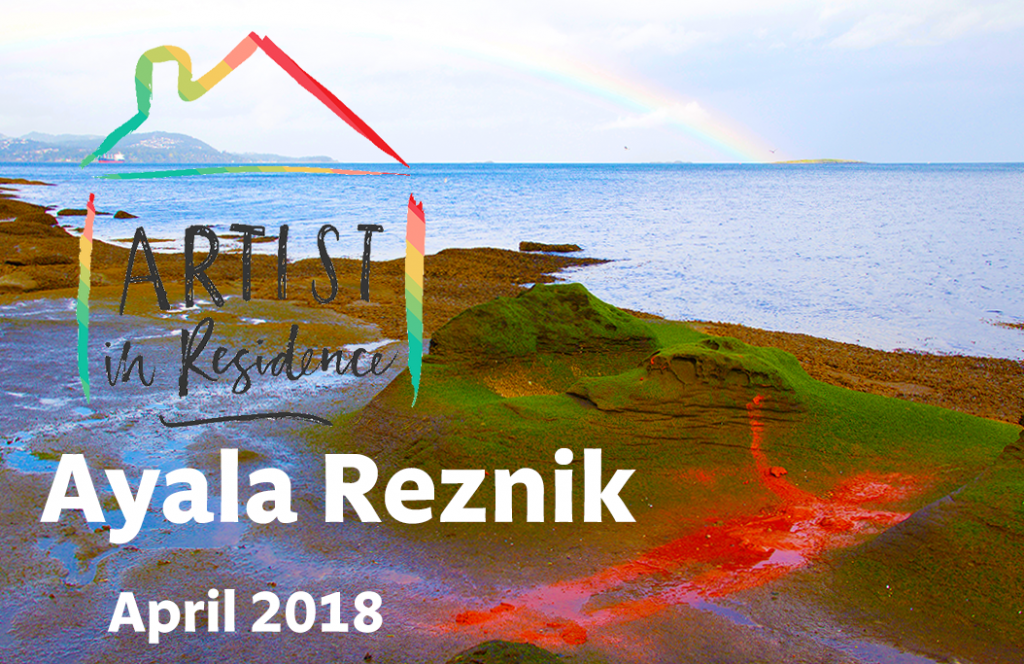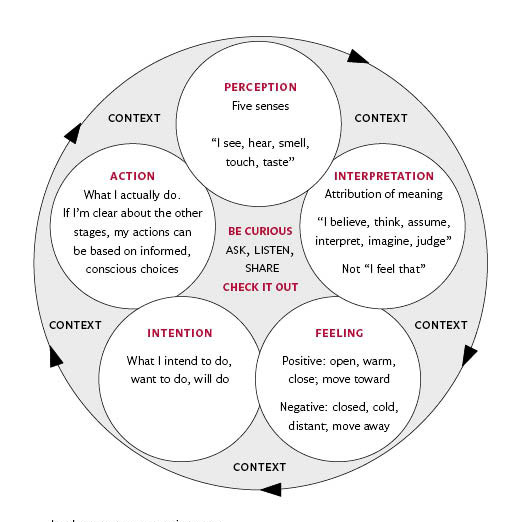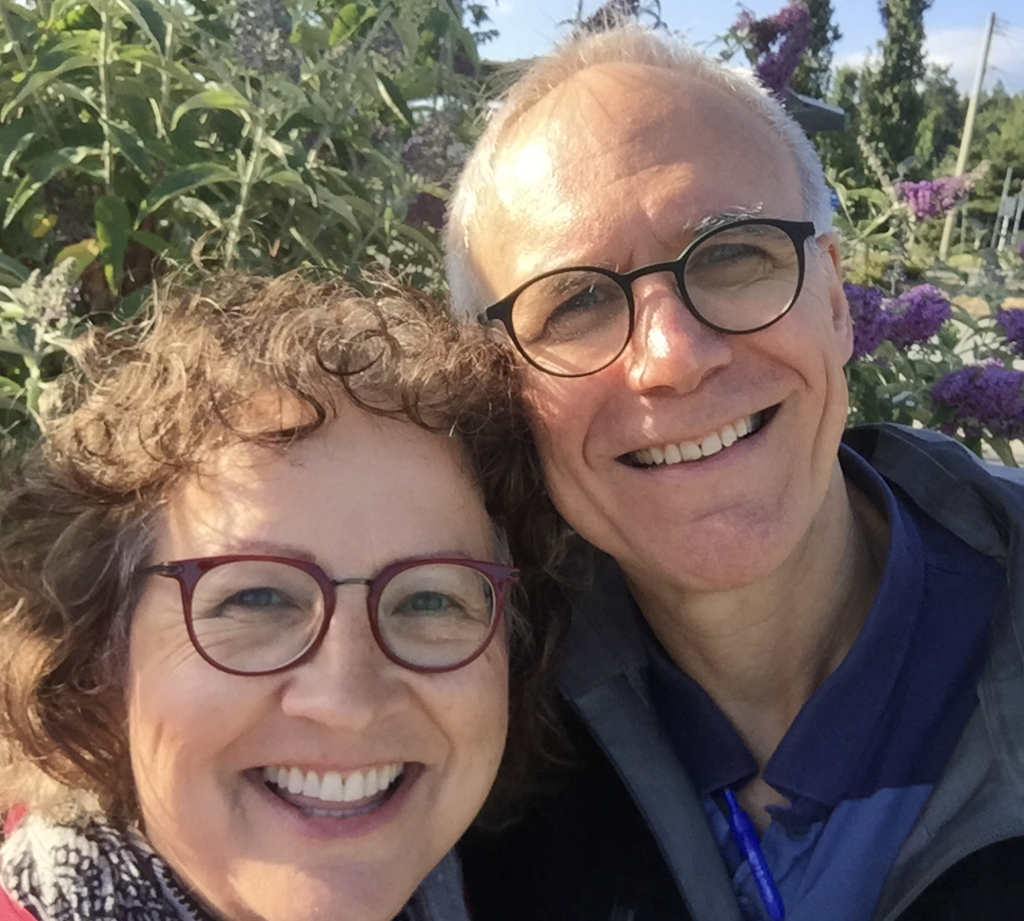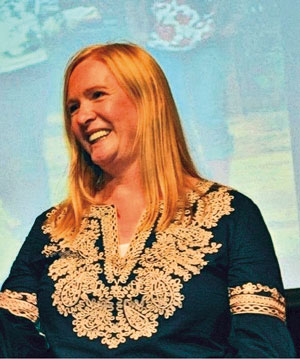Evolution of Psychotherapy Conference 2009
By Gwen Ewan & Cathy Wilder
Recently several of us had an experience that reminded us how privileged we are to have been exposed to a way of working with people that is effective, and, even though we have been doing it for 25+ years, is now described as ‘leading edge’. We are privileged to have been trained, at the Haven, in the approaches and methods taught and practiced by Ben Wong and Jock McKeen.
In early December 2009, we attended the five-day Evolution of Psychotherapy Conference in Anaheim, California. This conference is put on by the Milton Erickson Foundation every four to five years. Over 7,000 people attended in 2009, and the 50 or so faculty of the Conference read like a who’s who of therapy, sociology and personal growth. Faculty this year included Deepak Chopra, Marsha Linehan, Salvador Minuchin, Harville Hendrix, Michael Yapko, Dan Siegel, Irv Polster, Otto Kernberg and John and Julie Schwartz Gottman.
We were fortunate to attend the conference with Wendy Huntington, Cathy McNally and Sue Muirhead. The five of us shared an apartment, spent time together in the evenings and often sat together in the presentations. We found great value in the reflecting, sharing of ideas, inspiration, and the creative space we got into as we shared what we had seen each day and planned what to attend the next. Over and over again, we found ourselves commenting on how the ideas and methods that were described as “cutting edge” or new were ones that we had experienced at The Haven for many years.
One of the more startling instances of this was to hear Marsha Linehan (developer of the Dialectical Behaviour Treatment for borderline personality disorder, from the University of Washington) say that she now thinks that “connection” is very important and she will be turning her research attention to the concept. Connection! Haven programs have been focused on connection since Ben and Jock founded The Haven.
Sue Johnson of the University of Ottawa has developed a model of working with couples (Emotionally Focused Therapy or EFT) that, in demo, looks (at one part) for all the world like what we do as we coach two people in a ‘clearing’. In another example, Stephan Gilligan did a lovely demonstration therapy session with a participant in which he carefully followed her; he was clearly attuned to her, paced her, and moved with her gracefully as he used suggestions, his voice, and his body posture to connect energetically and to suggest openings to her. I saw him doing the sort of attunement and following that Haven-trained faculty reach for in working with individuals and groups, that we are teaching interns, and that Ben showed us each time he worked with someone.
We heard Dan Siegel present ideas and concepts about “The Mindful Brain” and the impact of mindfulness upon brain structure and function. The material he presented underscored the significance of presence, grounding and being relational for successful integration to occur. In a skillful demonstration session he engaged a participant energetically, spontaneously and creatively, reminding us of how we have learned from Jock to look for ways to ‘meet’ and ‘be with’ another – moments of ease that build a relationship, and possible healing. Dan demonstrated being relational, personal and revealing in the service of the participant. This art-form, which Ben, in his early years of training, had the courage, humanity and curiosity to explore, is now somewhat more recognized. It is an extremely significant part of the training at The Haven – and it makes a huge difference, leading to shifting energy states, shifts in perspective and healing moments.
We heard presenter after presenter reference ‘attunement’, ‘resonance’, ‘working in the present’ (the now), ‘process’ orientation and cognitive distortions (what we would call interpretations and would ‘check out’).
We were pleased that extremely talented and gifted presenters who were associated with major universities, had been leading their research teams in developing models and collecting data that fully support so many of The Haven’s practices. People in a variety of disciplines at universities across North America have worked in the areas of physiology, neurology, sociology, group behaviour and individual dynamics, and have published their findings in professional journals and popular books. Research winnows out those methods, ideas and approaches that do not show results, and supports the growth of methods and approaches that are effective in helping people. And what works – what is presented by these leading professionals in the field – is what we are already doing at The Haven. We know that what we do at The Haven works, not only because participants tell us it does, but because what we are doing uses methods and approaches that have been researched and found to be effective.
In attending the Evolution of Psychotherapy Conference we saw that, at The Haven, we are using the same methods and skills that the “top name” psychotherapists use, and that we are training our interns in approaches and methods that are second to none. We are extremely fortunate to have the opportunity to learn, and to teach, at The Haven. We do not need to hide our light under a bushel; our place in the world of personal development and personal growth is truly at the leading edge.
[print_link]

